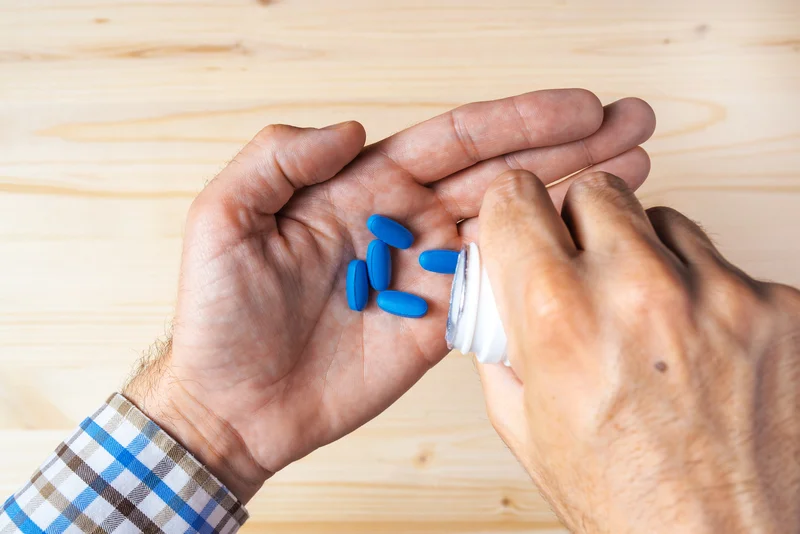
The first is Wernicke’s Encephalopathy, an acute and potentially reversible condition. It’s marked by symptoms such as confusion, poor muscle coordination (ataxia), and abnormal eye movements (nystagmus). If treated quickly with thiamine supplementation, this phase may be reversed.
- During the initial assessment, a healthcare provider will perform a thorough physical examination, paying close attention to neurological signs.
- Prevention involves addressing alcohol addiction, maintaining a balanced diet, and ensuring adequate intake of vitamin B1.
Who Is at Risk for Developing Wet Brain?
Self-help groups like Alcoholics Anonymous (AA) or SMART Recovery can offer a supportive community. By reaching out, you’ve already made the first steps of your recovery journey. The outlook depends heavily on how advanced the condition is when treatment begins. But if these issues persist even after alcohol consumption stops, it may be a sign of something more serious. All content on this website, including dictionary, thesaurus, literature, geography, and other reference data is for informational purposes only.
What is the Official Medical Term for Wet Brain?
- By cutting down on alcohol and improving overall nutrition, a person can help ensure better absorption and retention of vitamins and minerals.
- While these foods might maintain healthy thiamine levels, they won’t reverse permanent brain damage.
- Getting help for your addiction is important, especially if you suffer from wet brain syndrome, because the disorder will continue to progress if you don’t stop drinking.
- This is typically a non-issue for most healthy adults (think whole grains, asparagus, kale, pork, beef, chicken, eggs and potatoes).
- Apathy A marked decrease in motivation or interest in daily life and previously enjoyed activities can be a red flag.
So long as they quit drinking alcohol and improve their diet, they should experience a full recovery. In addition to clinical observations, doctors will run lab tests for thiamine deficiency and may order an MRI to look for noticeable changes in the brain. However, MRI tests have a low sensitivity rate of 53%, making them an imperfect diagnostic tool. Alcohol inhibits the absorption of thiamine and reduces its usage in the body.
How is Wernicke-Korsakoff syndrome diagnosed?

Like with Wernicke’s encephalopathy, Korsakoff’s syndrome can eventually lead to coma and death. Wet brain is a layman’s term for a brain disorder known as Wernicke-Korsakoff syndrome. Some scientists also believe, however, that it is two parts of the same condition, with Wernicke’s encephalopathy being the acute phase and Korsakoff’s syndrome being the chronic stage. Thiamine supplementation is crucial for reducing the risk of developing Wernicke-Korsakoff Syndrome, a thiamine deficiency-related condition caused by poor nutrition. Wernicke-Korsakoff Syndrome is progressive and will worsen without treatment.
- A negative sensation is one you can’t feel as strongly or don’t feel at all.
- You’ll likely need an in-person physical examination to look for or rule out nervous system issues that might also be happening.
- The prognosis for wet brain syndrome largely depends on how early it is caught and treated.
- The reversibility of wet brain, also known as Wernicke-Korsakoff syndrome, largely depends on the stage at which it is diagnosed and treated.

Alcohol use disorder (AUD) is a complex condition that requires a comprehensive treatment plan to address its multiple facets. Detox, medication-assisted treatment, therapy, and a supportive community are all needed to recover from AUD successfully. Once the proper balance has been thrown off, it’s difficult for the gut to absorb the right nutrients from food. When it can’t absorb enough thiamine over a long period of time, the chance of that individual developing WK Syndrome goes up dramatically. For those who have insurance, using health insurance to pay for rehab should cover at least some of the cost of addiction treatment. Depending on your individual insurance plan, treatment at a specific facility may or may not be covered.

This is one reason why the early signs of this disorder should not be ignored. Wernicke-Korsakoff Syndrome can be difficult to diagnose because it mimics intoxication. An array of tests may be performed, including eye movement tests, blood tests to check organ function and nutrition levels, and an MRI. Adults with severe symptoms of hydrocephalus might need to work with amphetamine addiction treatment occupational therapists. This increased pressure can cause brain swelling, which can damage your brain tissue and lead to some of the functional and cognitive issues that occur due to hydrocephalus.

- While chronic alcohol abuse is the leading cause of Wernicke-Korsakoff syndrome, it’s not the only one.
- Seeking medical treatment is the first step of the treatment process for wet brain syndrome.
- For instance, new brain tests in medical diagnosis are constantly being developed and refined, offering hope for more accurate and earlier detection of conditions like wet brain.
- Apart from long-term physical and mental decline, WKS can lead to reduced consciousness, coma, or even death.
If your hydrocephalus is due to a tumor, the tumor can be removed; if it is due to a stroke, the skull may be what does the term wet brain mean opened to relieve pressure and swelling. Some medications help slow the production of CSF, such as acetazolamide (Diamox). Hydrocephalus happens most often in infants or in adults older than 60, but you can have it at any age. It can’t be cured, but with early diagnosis and treatment, people can live active lives.